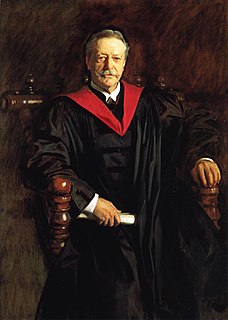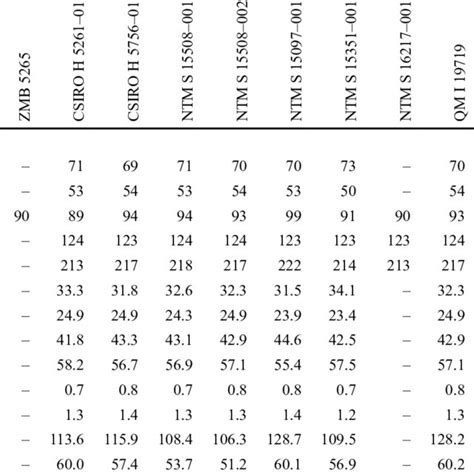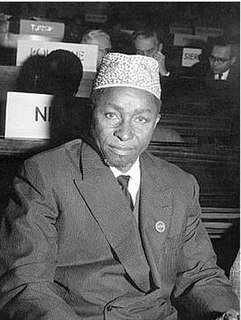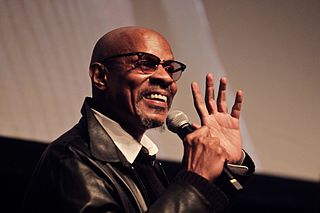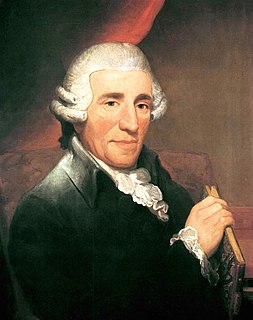Top 1200 Little Knowledge Quotes & Sayings
Explore popular Little Knowledge quotes.
Last updated on November 27, 2024.
Fortunate indeed are those in which there is combined a little good and a little bad, a little knowledge of many things outside their own callings, a capacity for love and a capacity for hate, for such as these can look with tolerance upon all, unbiased by the egotism of him whose head is so heavy on one side that all his brains run to that point.
There is oftentimes a great deal of knowledge where there is but little wisdom to improve that knowledge. It is not the most knowing Christian but the most wise Christian that sees, avoids, and escapes Satan's snares. Knowledge without wisdom is like mettle in a blind horse, which is often an occasion of the rider's fall.
He who lives up to a little light shall have more light; he who lives up to a little knowledge shall have more knowledge; he who lives up to a little faith shall have more faith, and he who lives up to a little love shall have more love. Verily the main reason why men are such babes and shrubs in grace is because they do not live up their attainments.
A scholar's business is to add to what is known. That is all. But it is capable of giving the very greatest satisfaction, because knowledge is good. It does not have to look good or even sound good or even do good. It is good just by being knowledge. And the only thing that makes it knowledge is that it is true. You can't have too much of it and there is no little too little to be worth having. There is truth and falsehood in a comma.
To know how little one knows is to have genuine knowledge. Not to know how little one knows is to be deluded. Only those who know when they are deluded can free themselves from such delusion. The intelligent people are not deluded, because they know and accept their ignorance as ignorance, and thereby have genuine knowledge.
Holiness is the sum of a million little things — the avoidance of little evils and little foibles, the setting aside of little bits of worldliness and little acts of compromise, the putting to death of little inconsistencies and little indiscretions, the attention to little duties and little dealings, the hard work of little self-denials and little self-restraints, the cultivation of little benevolences and little forbearances.
little sun little moon little dog and a little to eat and a little to love and a little to live for in a little room filled with little mice who gnaw and dance and run while I sleep waiting for a little death in the middle of a little morning in a little city in a little state my little mother dead my little father dead in a little cemetery somewhere. I have only a little time to tell you this: watch out for little death when he comes running but like all the billions of little deaths it will finally mean nothing and everything: all your little tears burning like the dove, wasted.
Opportunism towards knowledge is a utilitarian demand that knowledge must be immediately practical. Just like with sociology where we hope its purpose is to serve society, however, the true purpose of sociology lies in its impracticality. It cannot become practical or else it loses its meaning. Perhaps we should learn a different kind of knowledge: the knowledge to question knowledge.
When speaking of a "body of knowledge" or of "the results of research," e.g., we tacitly assign the same cognitive status to inherited knowledge and to independently acquired knowledge. To counteract this tendency a special effort is required to transform inherited knowledge into genuine knowledge by revitalizing its original discovery, and to discriminate between the genuine and the spurious elements of what claims to be inherited knowledge.
I am convinced that it is impossible to expound the methods of induction in a sound manner, without resting them upon the theory of probability. Perfect knowledge alone can give certainty, and in nature perfect knowledge would be infinite knowledge, which is clearly beyond our capacities. We have, therefore, to content ourselves with partial knowledge - knowledge mingled with ignorance, producing doubt.
Knowledge is a burden if it robs you of innocence. Knowledge is a burden if it is not integrated into life. Knowledge is a burden if it doesn't bring joy. Knowledge is a burden if it gives you an idea that you are wise. Knowledge is a burden if it doesn't set you free. Knowledge is a burden if it makes you feel you are special.
It is easy to see, though it scarcely needs to be pointed out, since it is involved in the fact that Reason is set aside, that faith is not a form of knowledge; for all knowledge is either a knowledge of the eternal, excluding the temporal and historical as indifferent, or it is pure historical knowledge. No knowledge can have for its object the absurdity that the eternal is the historical.
It is the close observation of little things which is the secret of success in business, in art, in science, and in every pursuit in life. Human knowledge is but an accumulation of small facts made by successive generations of men--the little bits of knowledge and experience carefully treasured up by them growing at length into a mighty pyramid.
Many of those whose task it is to broker the truth of God to the people of God in the churches have now redefined the pastoral task such that theology has become an embarrassing encumbrance or a matter of which they have little knowledge; and many in the Church have now turned in upon themselves and substituted for the knowledge of God a search for the knowledge of self.
Surely knowledge of the natural world, knowledge of the human condition, knowledge of the nature and dynamics of society, knowledge of the past so that one may use it in experiencing the present and aspiring to the future--all of these, it would seem reasonable to suppose, are essential to an educated man. To these must be added another--knowledge of the products of our artistic heritage that mark the history of our esthetic wonder and delight.
Each is liable to panic, which is exactly, the terror of ignorance surrendered to the imagination. Knowledge is the encourager, knowledge that takes fear out of the heart, knowledge and use, which is knowledge in practice. They can conquer who believe they can. It is he who has done the deed once who does not shrink from attempting again.
The first thing the reasonable man must do is to be content with a very little knowledge and a very great deal of ignorance. The second thing he must do is to make the utmost possible use of the knowledge he has and not waste his energy crying for the moon. The third thing he must do is try and see clearly where his knowledge ends and his ignorance begins.
The fact that television and tourism have made the whole world accessible has created the illusion that we enjoy intimate knowledge of other places, when we barely scratch their surface. For the vast majority, the knowledge of Thailand or Sri Lanka acquired through tourism consists of little more than the whereabouts of the beach.
We should not be content to say that power has a need for such-and-such a discovery, such-and-such a form of knowledge, but we should add that the exercise of power itself creates and causes to emerge new objects of knowledge and accumulates new bodies of information. ... The exercise of power perpetually creates knowledge and, conversely, knowledge constantly induces effects of power. ... It is not possible for power to be exercised without knowledge, it is impossible for knowledge not to engender power.
And if there be any addition to knowledge, it is rather a new knowledge than a greater knowledge; rather a singularity in a desire of proposing something that was not knownat all beforethananimproving, anadvancing, a multiplying of former inceptions; and by that means, no knowledge comes to be perfect.
The difference between you, if you consider yourself not enlightened, and an enlightened master is not that the enlightened master has more knowledge. University professors have knowledge, and many enlightened masters have very little knowledge. Jesus probably had less knowledge than any university professor alive today in terms of raw information. Even a relatively uneducated person has more information than Jesus or Buddha ever had about things, such as political things and so on.
Wisdom and knowledge can best be understood together. Knowledge is learning, the power of the mind to understand and describe the universe. Wisdom is knowing how to apply knowledge and how not to apply it. Knowledge is knowing what to say; wisdom is knowing whether or not to say it. Knowledge gives answers; wisdom asks questions. Knowledge can be taught, wisdom grows from experience.
The saying that a little knowledge is a dangerous thing is, to my mind, a very dangerous adage. If knowledge is real and genuine, I do not believe that it is other than a very valuable posession, however infinitesimal its quantity may be. Indeed, if a little knowledge is dangerous, where is a man who has so much as to be out of danger?
Letting go all else, cling to the following few truths. Remember that man lives only in the present, in this fleeting instant: all the rest of his life is either past and gone, or not yet revealed. This mortal life is a little thing, lived in a little corner of the earth; and little, too, is the longest fame to come - dependent as it is on a succession of fast-perishing little men who have no knowledge even of their own selves, much less of one long dead and gone.
We have heard of a Society for the Diffusion of Useful Knowledge. It is said that knowledge is power, and the like. Methinks there is equal need of a Society for the Diffusion of Useful Ignorance, what we will call Beautiful Knowledge, a knowledge useful in a higher sense: for what is most of our boasted so-called knowledge but a conceit that we know something, which robs us of the advantage of our actual ignorance? What we call knowledge is often our positive ignorance; ignorance our negative knowledge.









